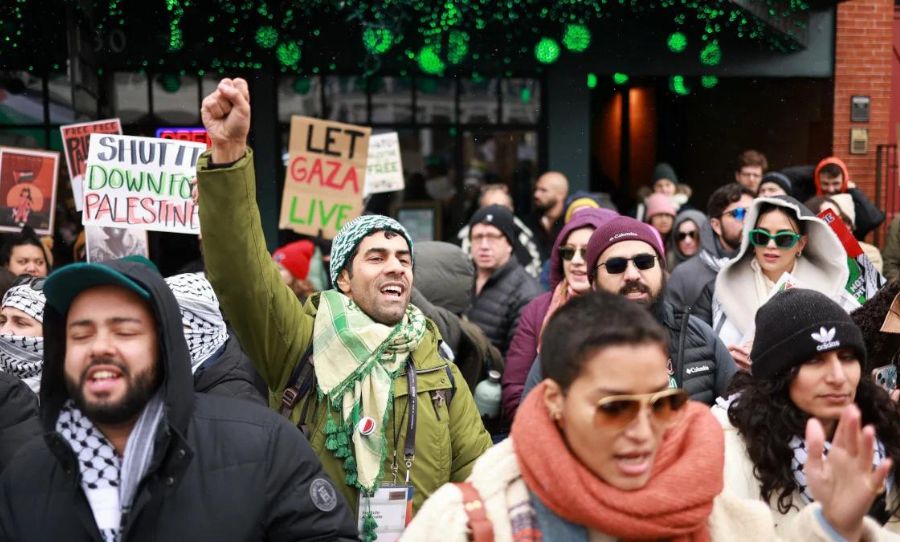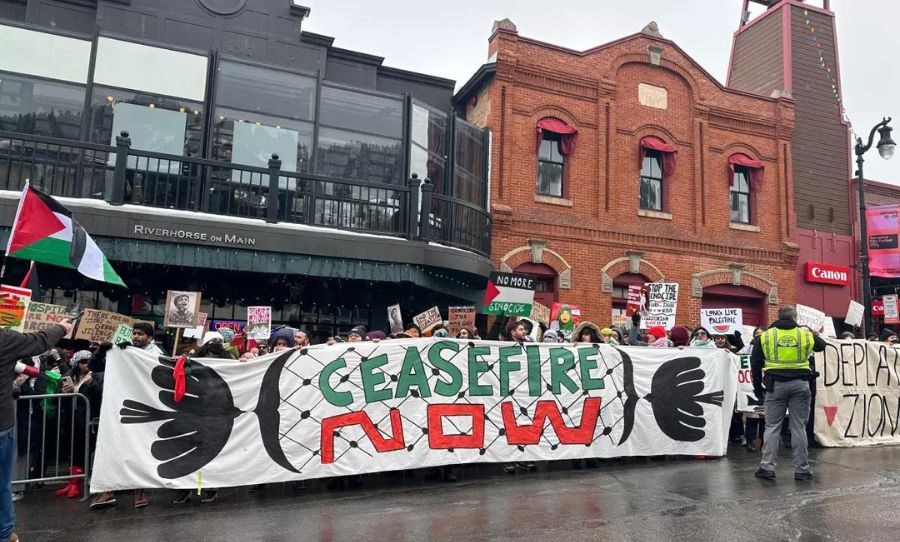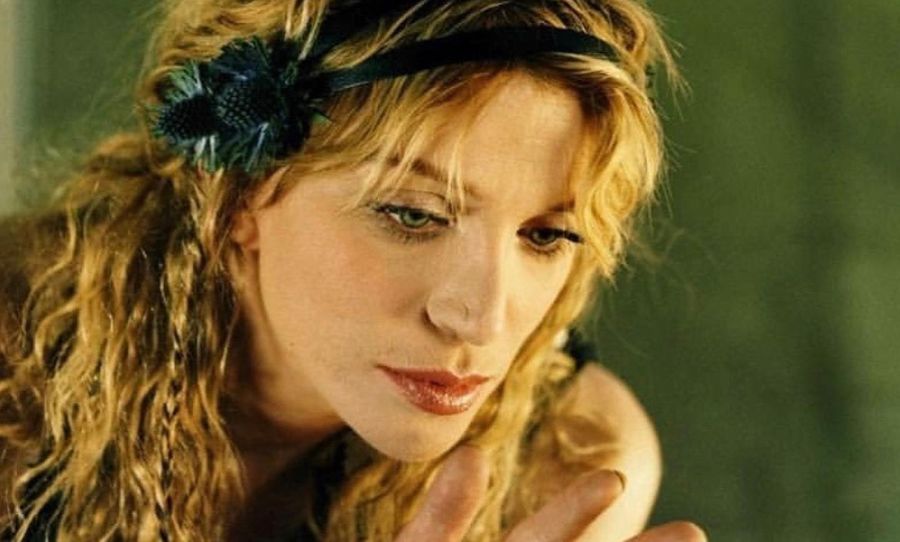This is an opportunity for Sundance, with their penchant for the edgy and the independent, to reclaim it’s punk rock past
When most people think of Sundance, they imagine glamourous film premieres, A-list celebrities, and the buzz of independent cinema.
However, the 2024 Sundance Film Festival saw a different kind of buzz this year – the sound of protest.

Over 150 pro-Palestinian protesters descended upon Main Street, demanding that the festival and the entertainment industry acknowledge the ongoing conflict in Gaza.
The ProPalestinian protesters at Sundance Film Festival isn’t just a one-off event. It’s part of a growing movement calling for art festivals to step up and be more politically engaged.
In an age where social media algorithms curate our outrage and reality TV dominates our minds, these bastions of artistic expression have a unique opportunity to amplify unheard voices.
Palestine, a land steeped in the sounds of checkpoints and tear gas, has long been a muse for powerful documentaries and narratives.
Films like “Naila and the Uprising” and “The Present” have given a voice to ordinary people living under occupation, challenging dominant narratives and humanizing their struggles.
But these stories often get lost in the noise of injustice.
Festivals like Sundance, with their penchant for the edgy and the independent, have a history of giving a platform to these unheard voices.
Remember the guerilla screenings of banned documentaries in Park City’s back alleys? That’s Sundance’s punk rock past, a past that some argue has been traded in for a more commercial sound.
The Sundance protest was a wake-up call, a reminder that even amidst the indie-cred posturing, art has a responsibility to speak truth to power.
By staying silent, festivals not only run the risk of becoming complicit but also potentially end up just echoing what everyone else is saying.
The power of art, like film and music, lies in its ability to move hearts and minds, to ignite empathy and inspire action.
Festivals, with their captive audiences and curated narratives, hold a potent megaphone.
Sure, artistic freedom is important, but that doesn’t mean turning a blind eye to the world’s injustices.
So let the protest songs bleed into the awards speeches, let the documentaries be the headliners.
In a world where many are tuning out, the entertainment industry’s crucial role could be about giving a voice to the unheard and raising awareness in the fight for justice.



